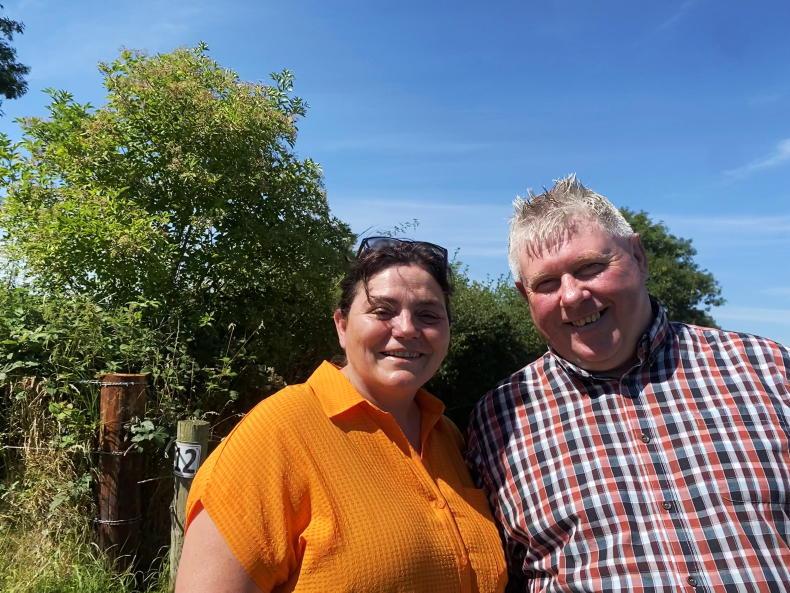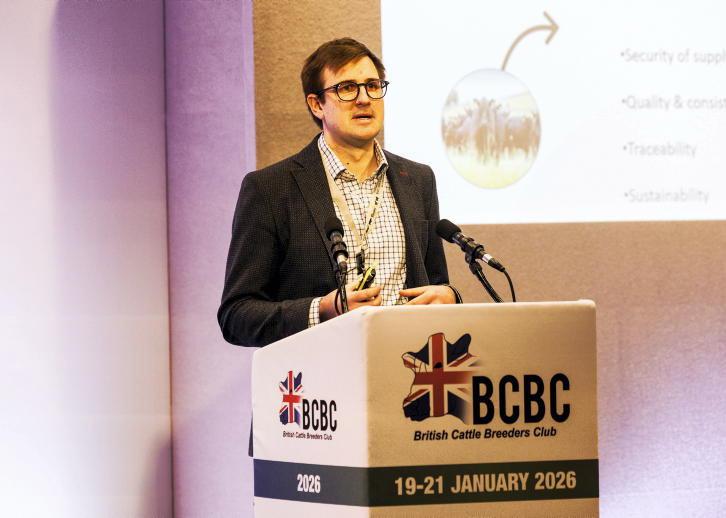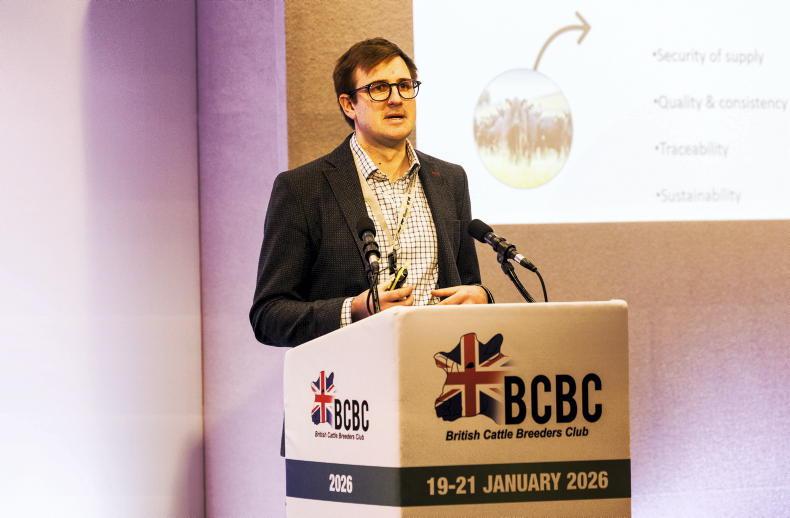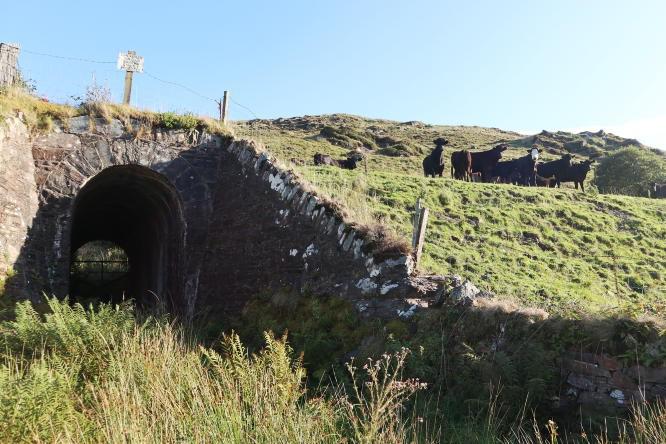There can be a profitable and productive future in the dairy-beef sector, but only if farmer margins are maintained and calf quality improves, farmers attending the Irish Farmers Journal Thrive demonstration farm open day have said. Farmers were generally optimistic on factory beef prices steadying for the rest of the year but some feared beef price cuts would leave them fully carrying the extra cost of fertiliser and concentrates.
Tony O’Connor, Shanballa, Cashel, Co Tipperary

“In future I’d hope not to be keeping them for two winters and get them finished on grass after one winter,” were the words of Tony O’Connor, who switched to a dairy calf-to-beef system a year and a half ago.
The Tipperary native said that before he entered dairy calf-to-beef he was an organic farmer. However, he found organic prices levelled out with conventional prices and that pushed him to make the switch.
“I started organic farming very early on in the thing when it was quite profitable because there weren’t that many people in it and the subsidies were good in it.
“It was an easy way of farming but suddenly I realised we were getting told a lot of porkies. The rules and regulations were too much,” he said.
The Tipperary man is now a lot higher stocked and buys about 100 calves every year.
“I buy Friesians, white-heads and Angus. I haven’t gone into any continental-types yet.
“There is a profit to be made in this, I think. You have to have a big plot of land to go dairying,” he said.
Tom and Ellen Maguire, Croghan, Co Offaly

This Offaly farming duo are finishing around 80 calves every year and are hoping to shorten their finishing system from two winters to one winter.
“We finish them just before 30 months. We winter them twice and sell them as bigger heavier carcasses.
“We usually sell them between 320kg and 360kg,” Tom told the Irish Farmers Journal.
“We were in sucklers before this, but now we mainly buy beef calves in the mart and finish them.
“We tend to buy the dearer calves and they usually cost between €280 and €320.
Because the Maguires are farming in derogation, changes to the Nitrates Action Plan will affect their system.
“We might have to look into finishing earlier, because of that,” Ellen Maguire said.
She said that the prices they are receiving for beef are up for the first time in a long time, adding: “The factory is actually giving a good price at the moment so to be reducing now is cracked.”
Martin Power, Co Waterford, and Nicholas Doherty, Co Kilkenny.
Dairy-beef farmers Martin Power and Nicholas Doherty both agreed that there is a future in farmers taking calves from the dairy herd to finish.
Better beef bulls are needed to make dairy-beef attractive to farmers, they said.
“It will have a future. Profitability is the biggest [challenge], it’s tight. And the environment issues now,” Martin Power told the Irish Farmers Journal.
“The beef genetics need to improve. They have to. The dairy men will have to use more sexed semen really. It’s coming out of the Friesian beef. Nobody wants Friesian beef.
“Milk at 60c/l is far more attractive than beef at €4.90/kg. There is a future in it at a level. If you were commercially farming today, you would have to question why are you not in dairy and at anything else,” he said.
“The problem is with some of these lads buying these bulls to clean up. They buy a bull, keep him two or three months and just kills him. That will have to be reflected with the calf price,” added Nicholas Doherty.
William Ryan, Co Tipperary
Suckler farmer William Ryan has raised groups of dairy calves for the past four years, selling some as stores and finishing the remainder on-farm.
Ryan said the performance of the system this year would be uncertain and that selling in marts is not as easy as it is with suckler-bred stock.
“It is a real option for suckler farmers. Even just to try out,” he said.
“It’s a lot easier to do when you know where you’re getting the calves from. You need to know what you’re getting when it comes to health and vaccinations and that.
“So far, I haven’t taken any to the factory this year. I don’t know how they’ll do with all the costs. Sometimes when you take them to the mart, you have to take bad money for them.”
David McInerny, Co Tipperary
Dairy farmer David McInerny also spoke with the Irish Farmers Journal. He said that more work has to be done by AI companies to breed bulls that are easy calving but deliver carcase quality for beef farmers.
“We are always trying to improve calf quality. There is a misnomer there that everything is a Jersey – it’s not. Only 7% of the herd is Jersey. I think communication is poor,” McInerny said.
“I think there is going to be more sexed semen. It will be a financial push. It will be the farmers themselves that will be doing it.
“Let’s call a spade a spade. The dairy farmer wants the cow to have a healthy calf. But if you can get the conformation with that, it’s better again. More work has to be done on this in the breeding side.”










SHARING OPTIONS